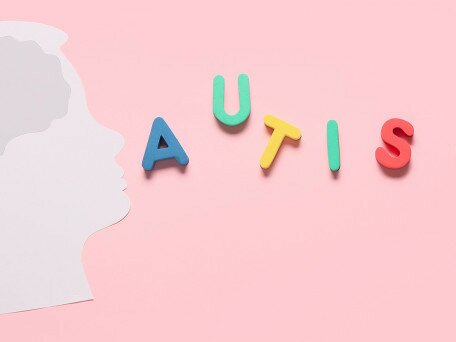Watch One's Step: The Effect of Objectification on Conspiracy Beliefs
- Project Scheme:
- General Research Fund
- Project Year:
- 2021/2022
- Project Leader:
- Dr POON, Kai Tak
- (Department of Psychology)

Objectification refers to a person being treated as an object for the instrumental gain of another person. Prior studies have built up knowledge about its impacts but have mainly been confined to sexual contexts, such as men treating women as objects to fulfill their sexual demands.
Nonsexual objectification has seldom been investigated, although it commonly occurs in a wide variety of contexts, such as the workplace (e.g., discrediting a subordinate’s work to augment one’s own achievement), schools (e.g., befriending hard-working classmates to get a free ride), and close relationships (e.g., demanding a spouse to provide monetary resources).
To fill this knowledge gap, this research tests whether nonsexual objectification increases conspiracy beliefs, reveals the underlying psychological mechanism and the behavioral consequences of the objectification-conspiracy link, and identifies ways to weaken the effect of objectification on conspiracy beliefs.
Objectification occurs when people are treated as instrumental tools for achieving another person’s own purposes and are evaluated merely based on their usefulness to that person. Following objectification, people feel threatened because they are deprived of autonomy, needs, and opportunities. Consequently, objectified people may have a greater need for closure, which refers to a cognitive state wherein people have a greater desire to seek answers to questions and make sense of uncertainties. We propose that in such a state, objectified people may endorse conspiracy beliefs to comprehend the causes of threatening situations and identify possible dangers without exerting too much cognitive effort. Therefore, we predict that objectification increases conspiracy beliefs through the need for closure. We also examine whether post-objectification increases in conspiracy beliefs motivate people to behave unethically. Because conspiracy theorists often perceive others as possessing malevolent intentions, we predict that objectification increases unethical tendencies through conspiracy beliefs. When objectified people’s conspiracy beliefs are weakened through interventions, they may not behave unethically. Adopting a multi-method approach, this research tests the effect of objectification on conspiracy beliefs and its underlying psychological mechanism, demonstrates how post-objectification increases in conspiracy beliefs influence unethical behavior, and investigates methods to weaken the effects of objectification on conspiracy beliefs and unethical behavior. Objectification, conspiracy beliefs, and unethical behavior are ubiquitous in everyday life; hence, it is of significant impact to examine their relationships. A thorough understanding of the mechanism underlying the relationships between objectification, conspiracy beliefs, and unethical behavior can facilitate the development of theory-driven interventions to combat the negative consequences following objectification and form harmonious social interactions within our society.








